The best professional workstations for any budget
Modelling, rendering and number-crunching - these meaty machines will do it all

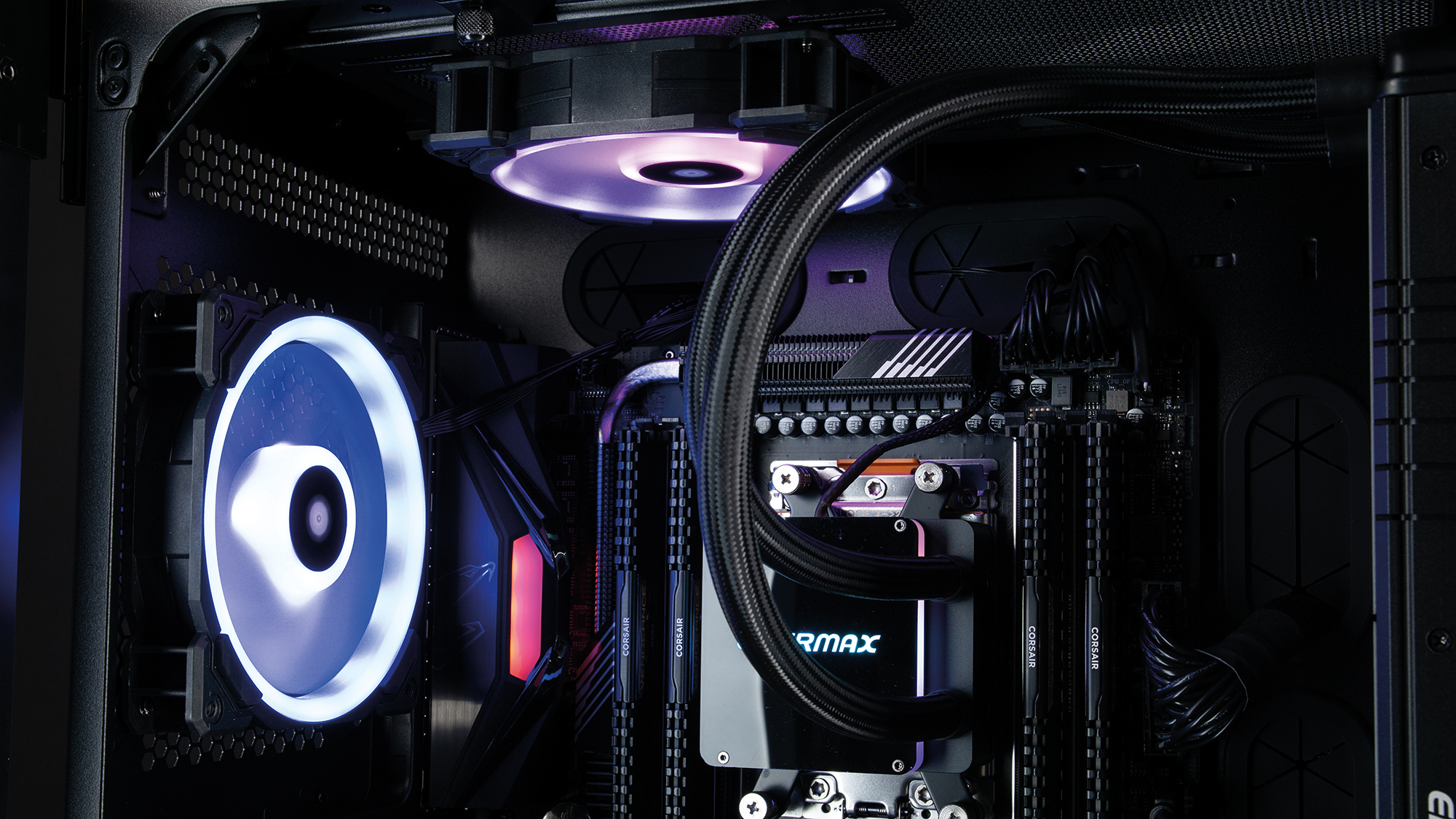
Last year, the Intel Core i9-9900K was a common sight among budget-friendly workstations, and it often put in a respectable showing. Now, however, its comparatively rare to see a manufacturer opt for Intel at this price. Looking at how the PC Specialist performed in most of our tests, it’s easy to see why this change has occurred.
Although the Intel Core i9-9900K was already available a year ago, it remains one of Intel’s top eight-core offerings, with only a KS version above it. Both have a top 5GHz Turbo mode, but whilst the KS can run all its cores at this speed, the K tops out at 4.7GHz for all cores. PC Specialist has backed the Core i9 with 32GB of 2,666MHz DDR4 SDRAM, which is adequate if not generous. Graphics is taken care of by the obligatory Nvidia Quadro RTX 4000 for this price level.
Where PC Specialist goes to town is storage, with a total of five devices. Two are 1TB Samsung 970 Evo Plus M.2 NVMe SSDs, whilst the other three are 2TB Seagate IronWolf Pro 7,200rpm SATA hard disks. The implication is to mirror the SSDs for data security and configure RAID5 for the hard disks, although PC Specialist hasn’t done either out of the box. Being only PCI Express 3, the SSD achieves 3,536MB/sec reading and 3,332MB/sec writing, significantly behind PCI Express 4 NVMe devices. The hard disks achieve a respectable 245MB/sec reading and 242MB/sec writing.
The Intel CPU really does let this system down when compared to AMD’s offerings. The overall benchmark score of 323 is only 64% as fast as the slowest Ryzen 9 3950X workstation. Although the image-editing score of 186 is reasonable, video encoding and multitasking scores are left in the dust. Having half the cores particularly affects rendering, with less than half the performance of the Ryzen 9 in Cinebench R20 at 4,557 and taking nearly twice as long to complete the Blender render with CPU.
It’s not all doom and gloom for the PC Specialist system in performance terms, though. The Intel processor doesn’t hold back the Quadro RTX 4000, and some of the SPECviewperf 13 results are the best in this price band, such as catia-05, creo-02, 3dsmax-06, sw-04 and maya-05. So for pure CAD and 3D animation, this is still a capable system.
Overall, whilst this PC is a decent choice for modelling, its rendering and everyday media application abilities show why most workstation vendors are now switching to AMD Ryzen 9 processors at this price.
PC Specialist Onyx 880GE specifications
| Processor | 3.6GHz Intel Core i9-9900K |
| Motherboard | Asus WS Z390 Pro |
| Expansion slots | 4 x RAM slots (2 free), 4 x PCIe x16 (3 free), PCIe x1 (1 free), 2 x M.2 (0 free), U.2 (1 free), 6 x SATA 600 (6 free) |
| RAM | 32GB DDR4, 3,000MHz |
| GPU | PNY Quadro RTX 4000, 8GB GDDR6 |
| Outputs | 3 x DisplayPort 1.4, USB-C VirtualLink |
| SSD | Samsung 970 Evo Plus 1TB NVMe M.2 PCI Express |
| Secondary drives | Samsung 970 Evo Plus 1TB NVMe M.2 PCI Express, Seagate IronWolf Pro 2TB x 3 |
| Optical drives | N/A |
| Dimensions (WDH) | Corsair Carbide 200R (210 x 497 x 430mm) |
| PSU make and model (power output) | Corsair RMX750 Modular 80 Plus Gold (750W) |
| CPU cooler | Corsair H80i V2 Hydro Series watercooler |
| Rear ports | 2 x Gigabit Ethernet, 5 x 3.5mm audio jack, optical S/PDIF, 5 x USB 3.1 Gen 2 (Type-A), USB 3.1 Gen 2 (Type-C), 4 x USB 2.0, DisplayPort, HDMI |
| Front/top ports | 3.5mm audio jack, 3.5mm microphone jack, 2 x USB 3 |
| Operating system | Windows 10 Pro 64-bit |
| Warranty (parts & labour unless stated) | 3yr RTB (1 month C&R, 1yr parts & labour, 2yr labour only) |
Sign up today and you will receive a free copy of our Future Focus 2025 report - the leading guidance on AI, cybersecurity and other IT challenges as per 700+ senior executives
Dr James Morris has worked as a technology journalist for over 25 years, including spending nine years on the staff of market-leading computer magazine PC Pro, the last five of which were as the publication’s editor. He specialises in enterprise-grade software and hardware, with a particular focus on content creation. He launched a pioneering video channel for HEXUS.net in 2006 and ran the video reviews channel for TrustedReviews.com for four years. He also runs a successful online digital content and commercial video production company, t-zero communications Ltd.
Dr Morris is a prolific technology writer and contributes commercial content for major IT brands including AMD, BlackBerry, Dell, Cognizant, HP, and IBM. He published a book on artificial intelligence, Can Computers Create Art? in 2009. He is also an academic, and is currently Pathway Director of the MA, Interactive Journalism at City, University of London.
Previously, he was course leader for the BA in Web Media Production at Ravensbourne University. He has a PhD in Philosophy, Art and Social Thought from the European Graduate School in Switzerland, a Master's in Media Arts from the New School in New York, USA, and a Bachelor's in Social Anthropology from the London School of Economics.
Dr. Morris can be found on Twitter at @Cyberwest, or emailed at j@tzero.co.uk
-
 Ping Identity snaps up Keyless to tackle AI-powered security threats
Ping Identity snaps up Keyless to tackle AI-powered security threatsNews The security vendor will expand its platform with zero-knowledge biometrics and re-verification capabilities
-
 Phishing kits soared in popularity last year as rookie hackers ramped up DIY cyber attacks
Phishing kits soared in popularity last year as rookie hackers ramped up DIY cyber attacksNews As PhaaS kits increase in sophistication, organizations should be on the alert
-
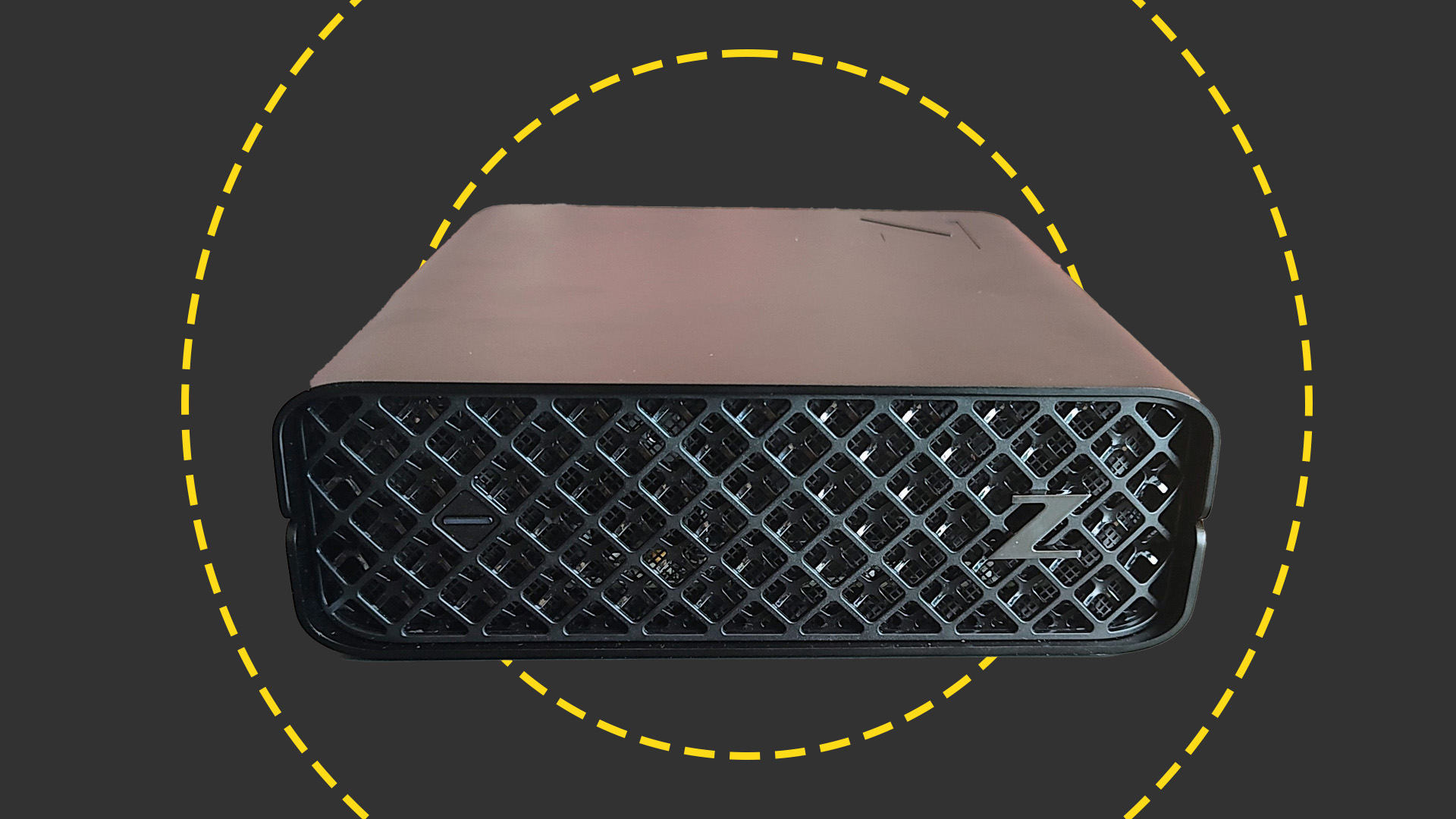 HP Z2 Mini G9 Workstation review: A reasonably potent but very compact workstation
HP Z2 Mini G9 Workstation review: A reasonably potent but very compact workstationReviews A masterclass in fitting a whole pint of PC into a half-pint container
-
Take your workforce to the next level with an HP Workstation
Sponsored If you're looking to boost your enterprise computing power, HP Workstations could be the ideal choice.
-
 Windows admins complain of Dell “bloatware” filling 95% of hard drives
Windows admins complain of Dell “bloatware” filling 95% of hard drivesNews Dell SupportAssist Remediation was blamed for disk allocation issues
-
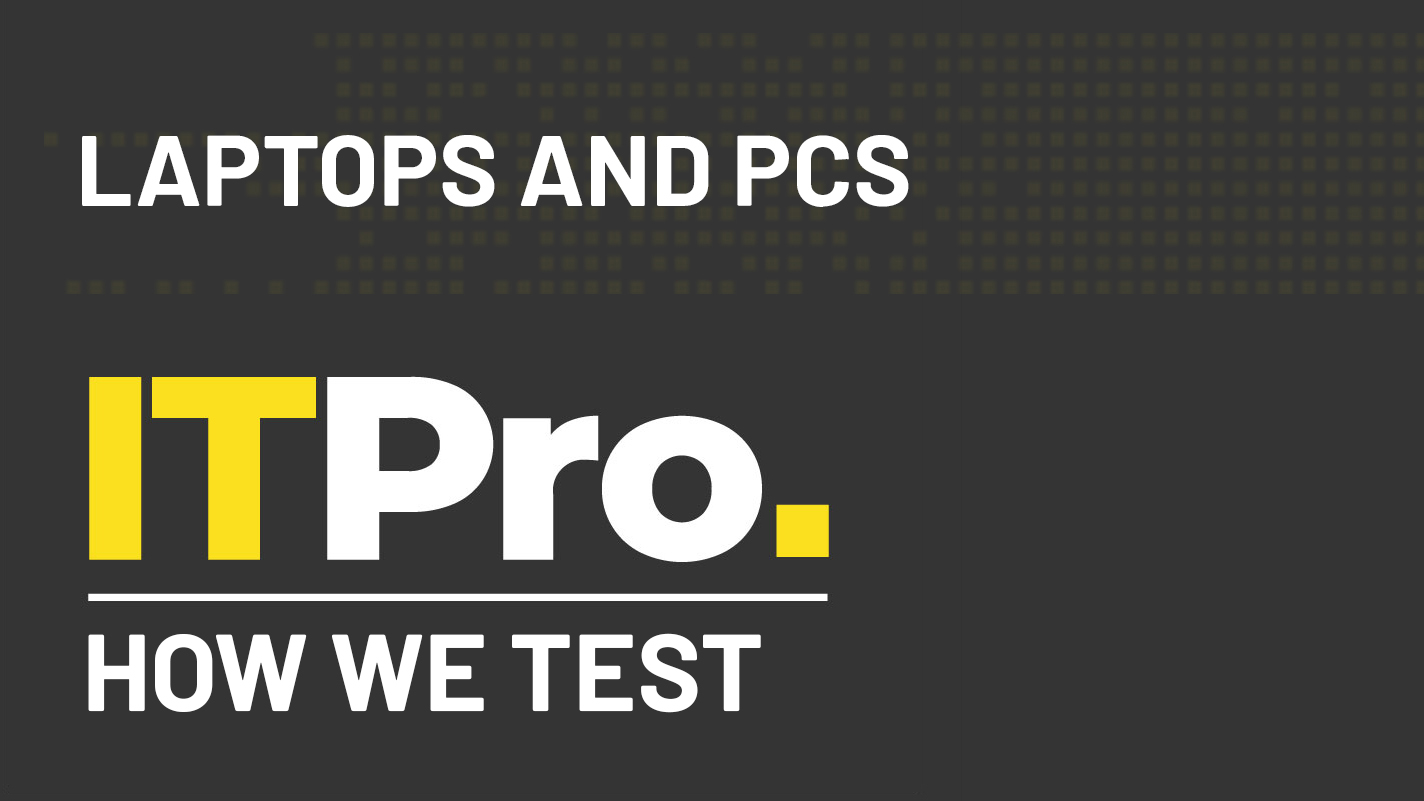 How we test laptops and PCs
How we test laptops and PCsReviews Everything you need to know about our reviews and benchmarking process for computing hardware
-
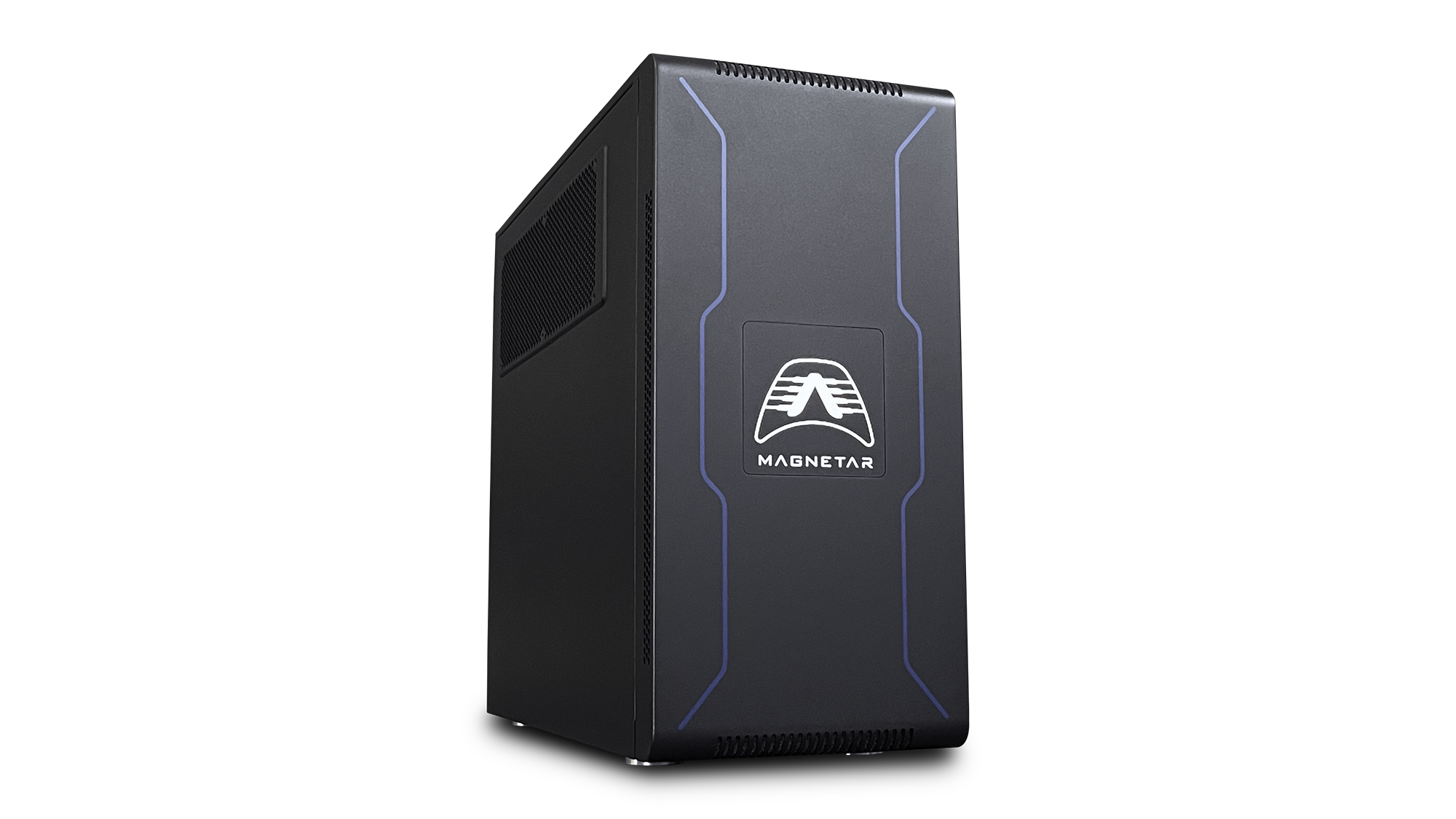
 Armari Magnetar M64TP-RW2000G3 review: Don’t call it a comeback
Armari Magnetar M64TP-RW2000G3 review: Don’t call it a comebackReviews The Threadripper Pro arrives just in time to retain AMD’s crown as king of workstation processors
-
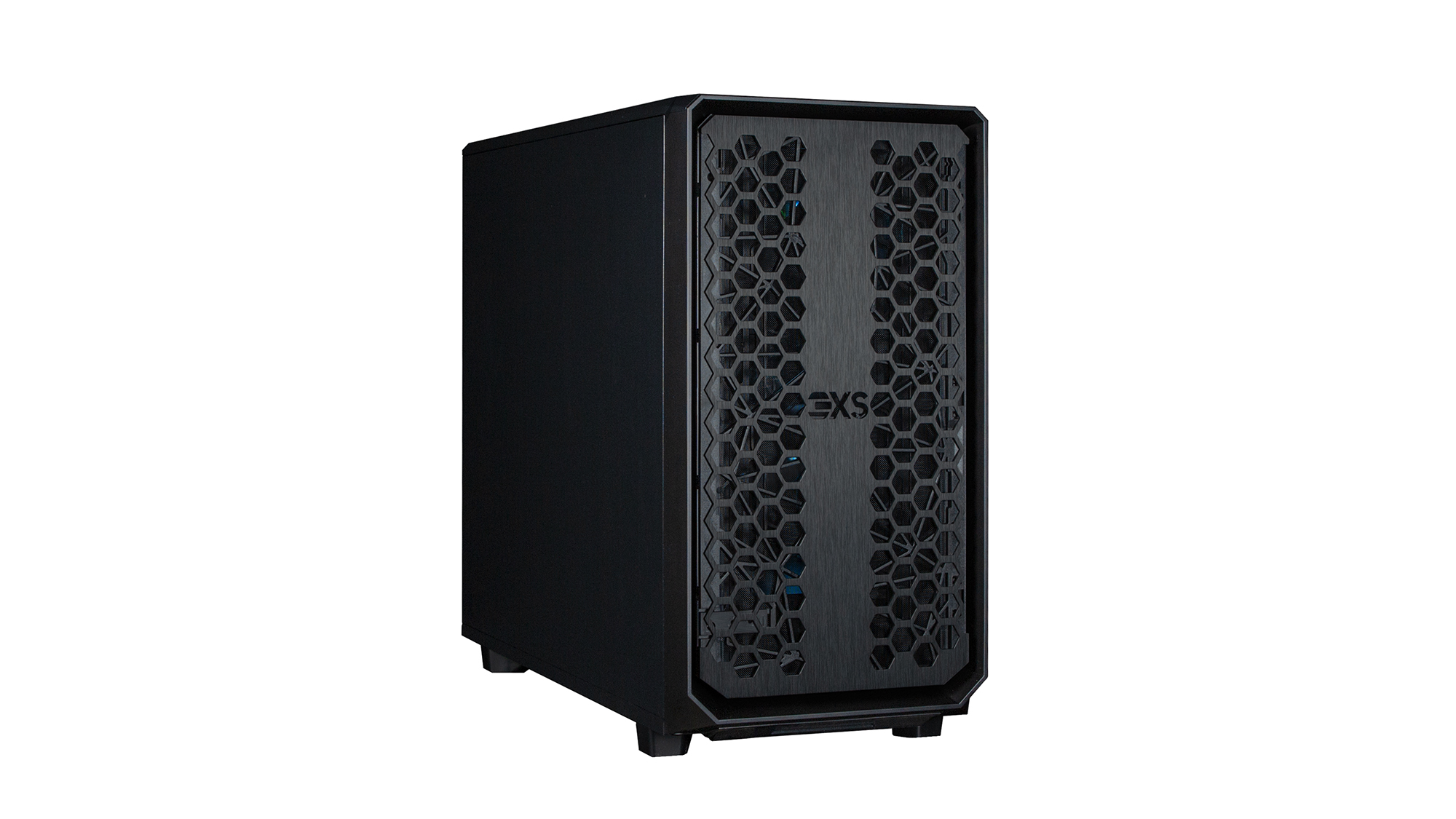
 Scan 3XS GWP-ME A124C review: An Intel-powered workhorse that holds its own
Scan 3XS GWP-ME A124C review: An Intel-powered workhorse that holds its ownReviews A brilliant content-creation showcase for Intel’s 12th-gen Core i9 and Nvidia’s Quadro RTX A4500 graphics
-
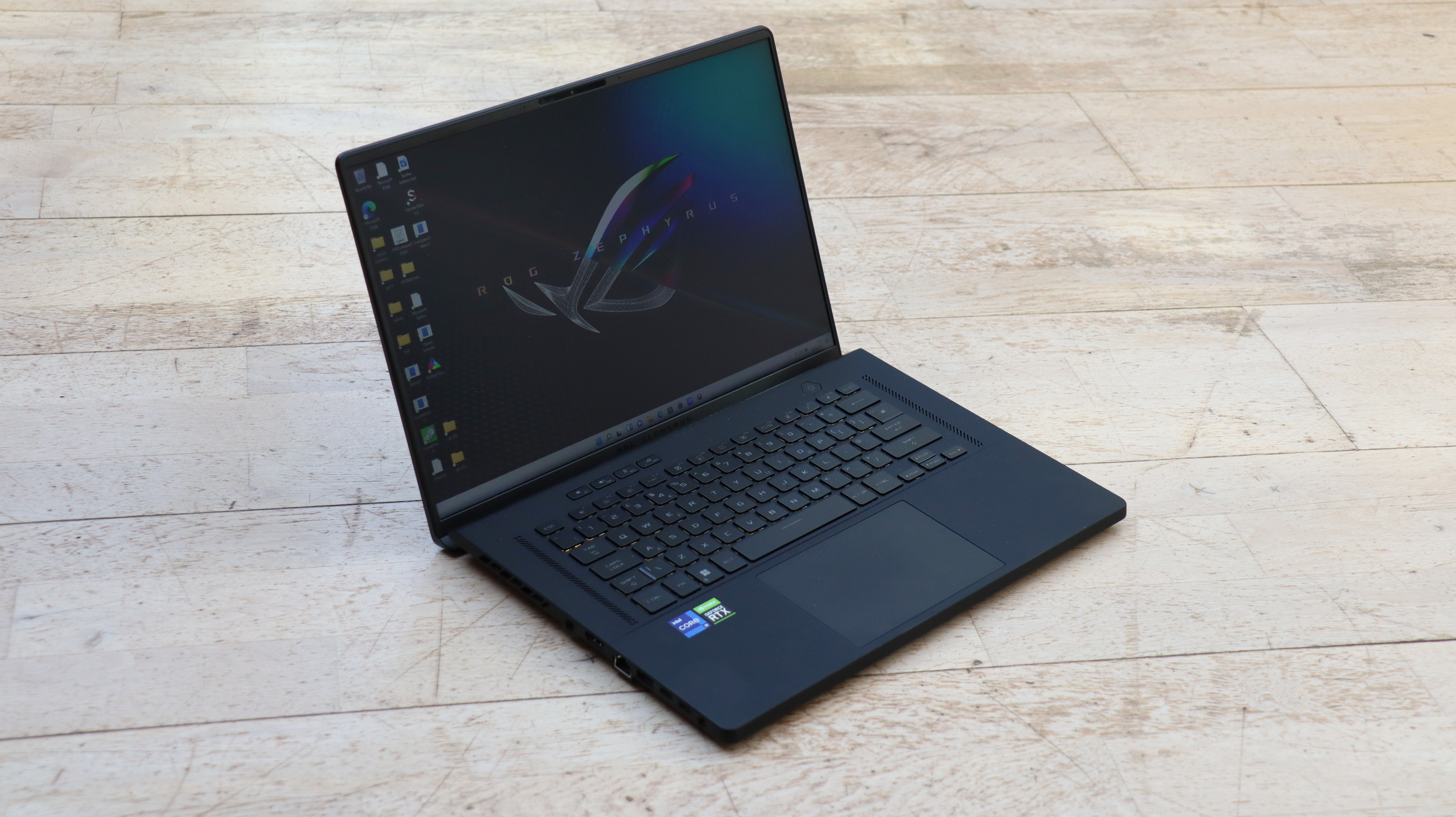
 Asus ROG Zephyrus M16 (2022) GU603Z review: Huge processing power you can carry with you
Asus ROG Zephyrus M16 (2022) GU603Z review: Huge processing power you can carry with youReviews The Zephyrus M16 combines a potent 14-core processor with capable graphics and features in a bag-friendly format
-
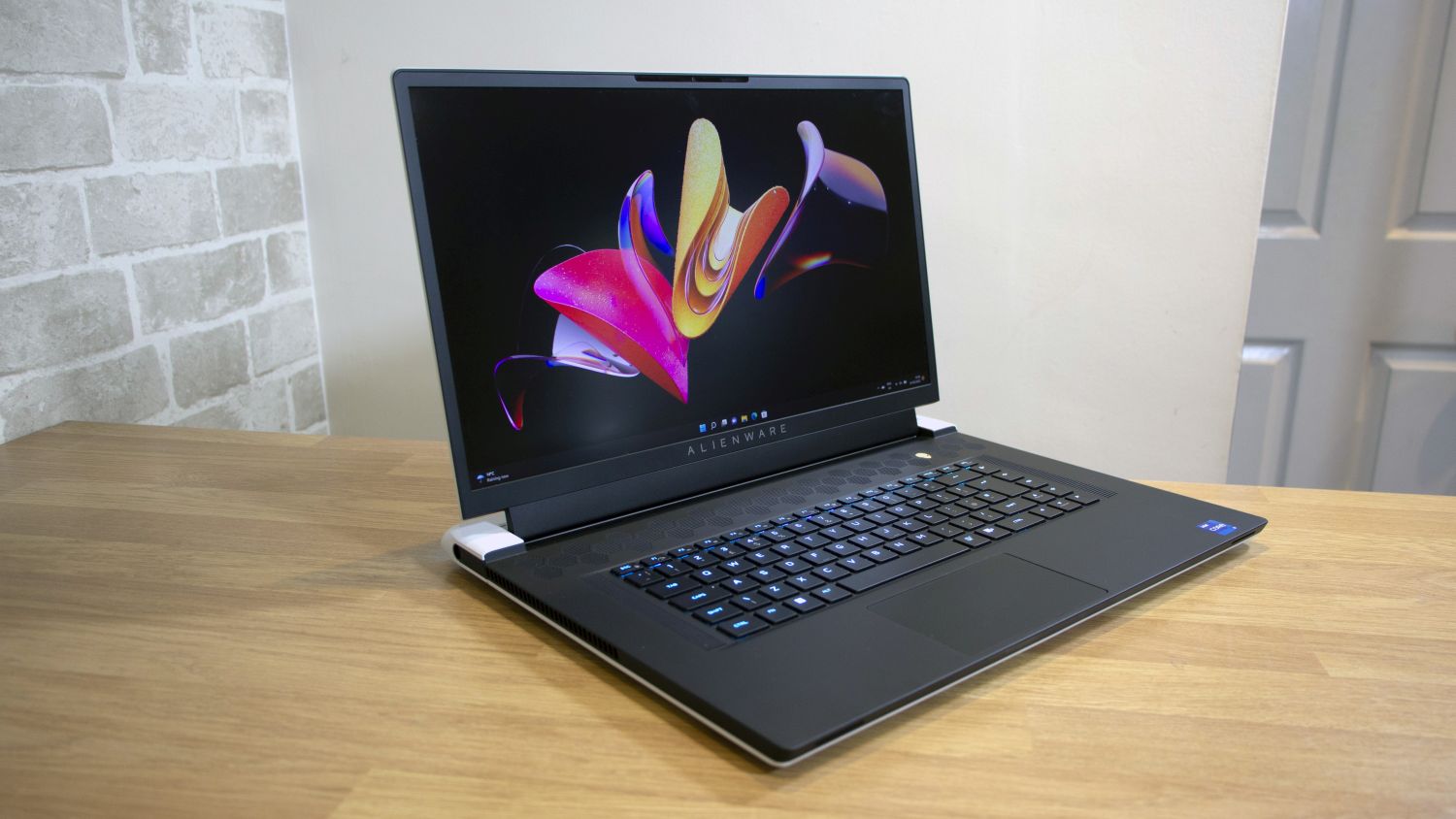
 Alienware x17 R2 review: A frighteningly fast content creation monster
Alienware x17 R2 review: A frighteningly fast content creation monsterReviews Colossal power and a rock-solid exterior make for an expensive portable powerhouse
